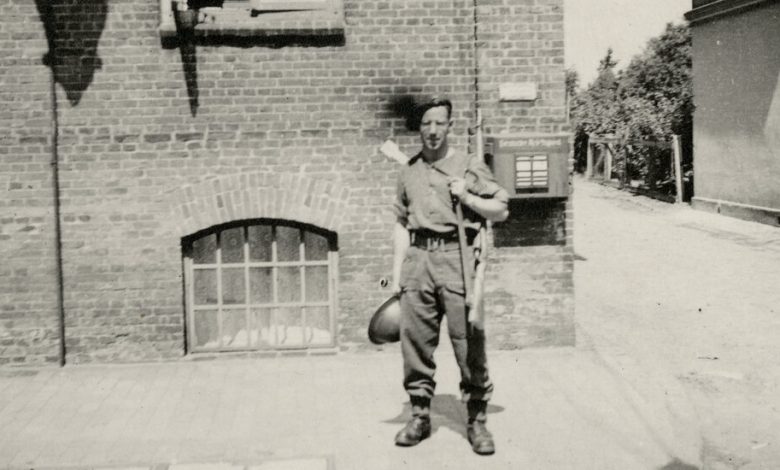Norman Miller, German Refugee Who Helped Arrest a Top Nazi, Dies at 99

Norman Miller was visiting the United States Holocaust Memorial Museum in 1999 with his sons, Steven and Michael, when they stopped at an exhibit that described the top Nazi leaders who had carried out the extermination of six million Jews. When he pointed to a picture of Arthur Seyss-Inquart, a high-level but not widely known Nazi, he made a stunning admission.
“I told you I arrested him, didn’t I?” Norman Miller said.
“We were incredulous,” Steven Miller recalled in an interview. “We turned to him and said, ‘What?’”
Until then, the elder Mr. Miller had not said a word to them about Mr. Seyss-Inquart, who, as the Reich commissioner of the German-occupied Netherlands, was responsible for deporting thousands of Dutch Jews to concentration camps. He had held a similar job in Poland, where he was known for policies that favored Jewish persecution.
The chance encounter between Mr. Miller, a German refugee who was serving in the British Army, and Mr. Seyss-Inquart happened on May 7, 1945, the day Germany surrendered to the Allies to end the war in Europe. Mr. Miller was part of the Royal Welch Fusiliers regiment, which was guarding a checkpoint between the American and British sectors in Hamburg.
When a brown Opel, which had been driving erratically, was forced to stop at the checkpoint, one of the four men in the vehicle said that he had papers for Field Marshal Bernard Montgomery to sign. One of the soldiers asked a German policeman if the papers were in order, according to a newspaper published by the regiment after the incident. The officer said the papers, which were in German, looked all right. But the fusilier was not satisfied with the response.
So he asked Mr. Miller, who read German, for help.
“He came over to me, showed me the paper,” Mr. Miller said in an oral history interview with the Holocaust museum in 2013. (The regiment’s newspaper said that the fusilier brought all four men to Mr. Miller.) And then, he said, he realized that “we have a big Nazi fish here.”